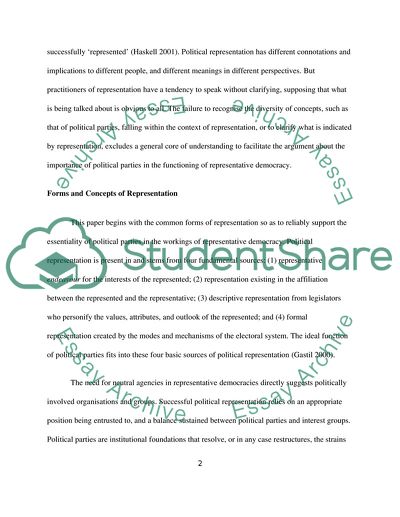Cite this document
(Political Parties: An Indispensable Component of Representative Research Paper, n.d.)
Political Parties: An Indispensable Component of Representative Research Paper. Retrieved from https://studentshare.org/politics/1728393-theories-and-mechanisms-of-political-representation
Political Parties: An Indispensable Component of Representative Research Paper. Retrieved from https://studentshare.org/politics/1728393-theories-and-mechanisms-of-political-representation
(Political Parties: An Indispensable Component of Representative Research Paper)
Political Parties: An Indispensable Component of Representative Research Paper. https://studentshare.org/politics/1728393-theories-and-mechanisms-of-political-representation.
Political Parties: An Indispensable Component of Representative Research Paper. https://studentshare.org/politics/1728393-theories-and-mechanisms-of-political-representation.
“Political Parties: An Indispensable Component of Representative Research Paper”, n.d. https://studentshare.org/politics/1728393-theories-and-mechanisms-of-political-representation.


